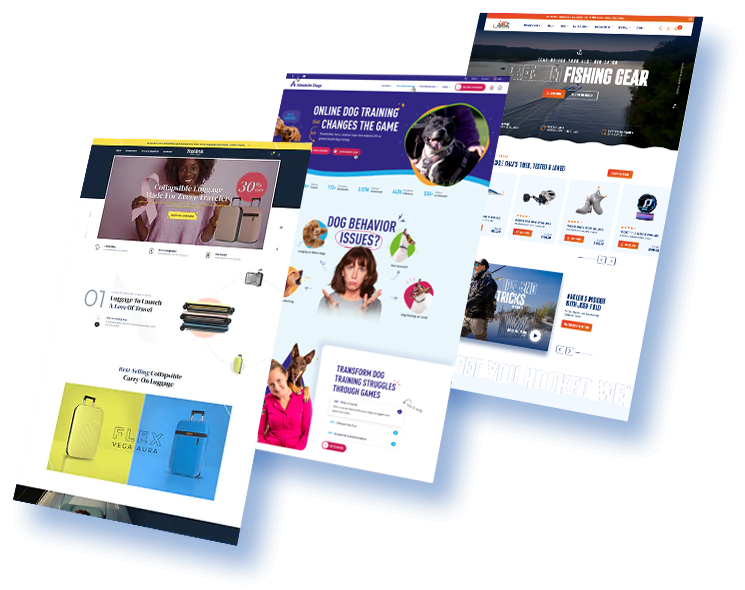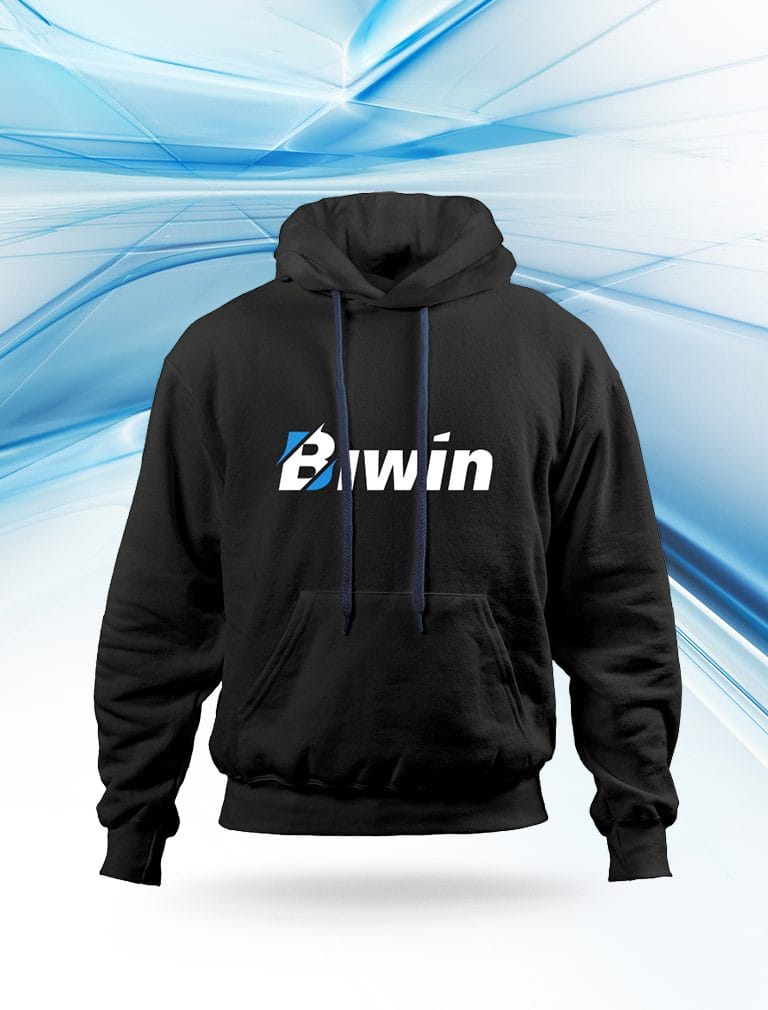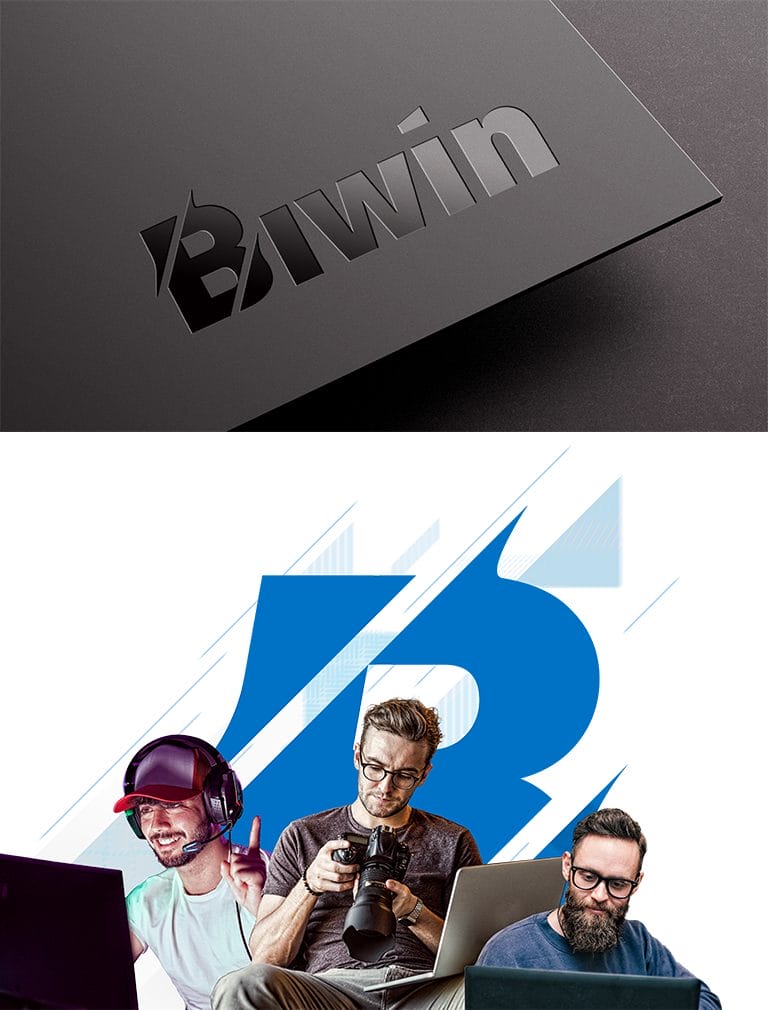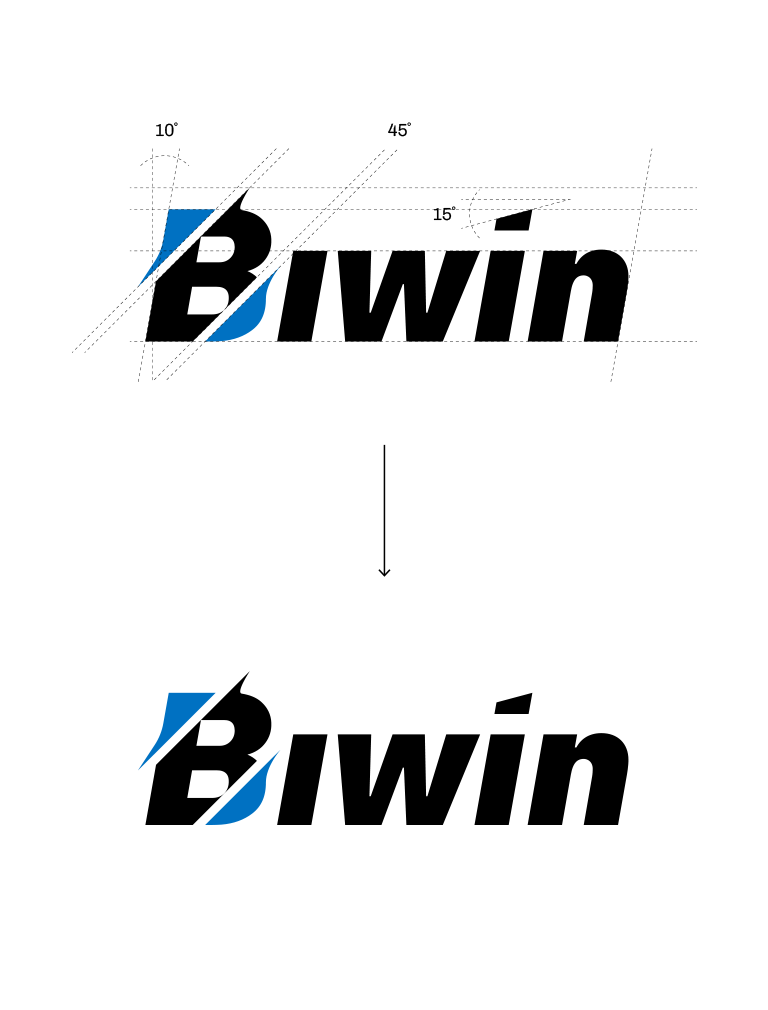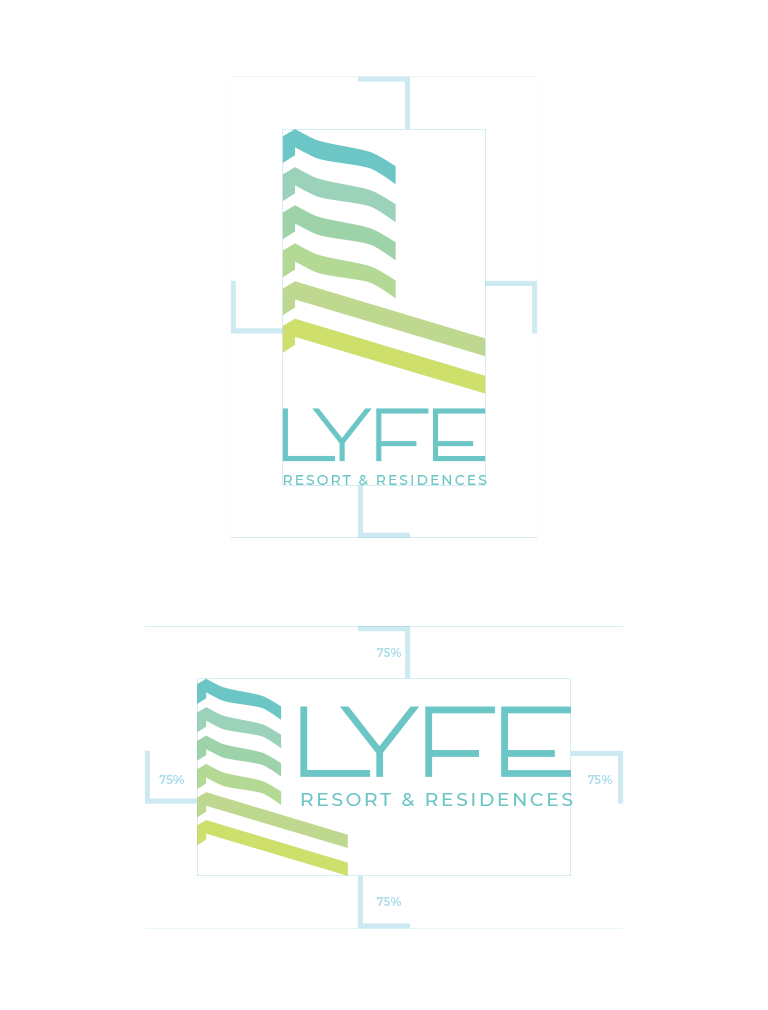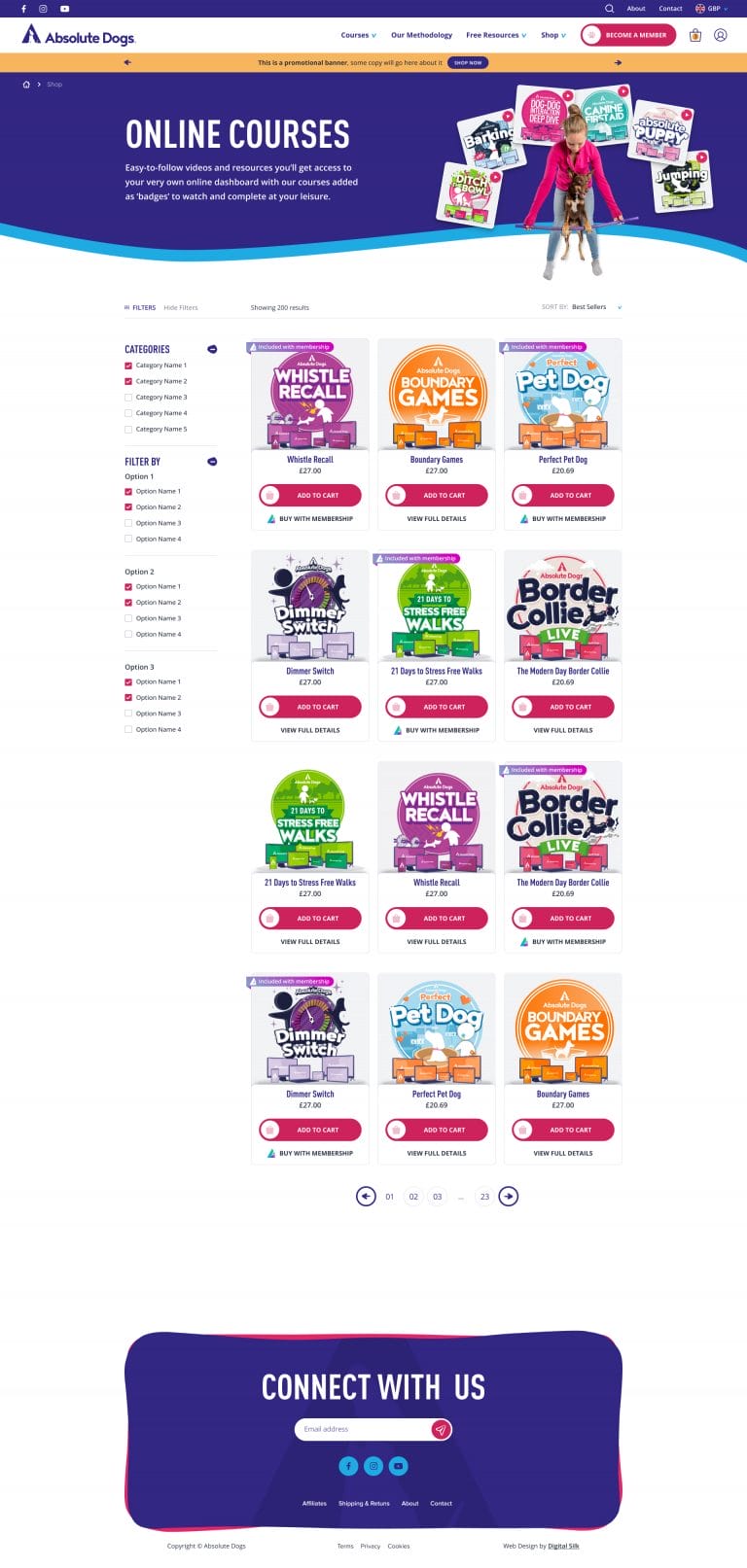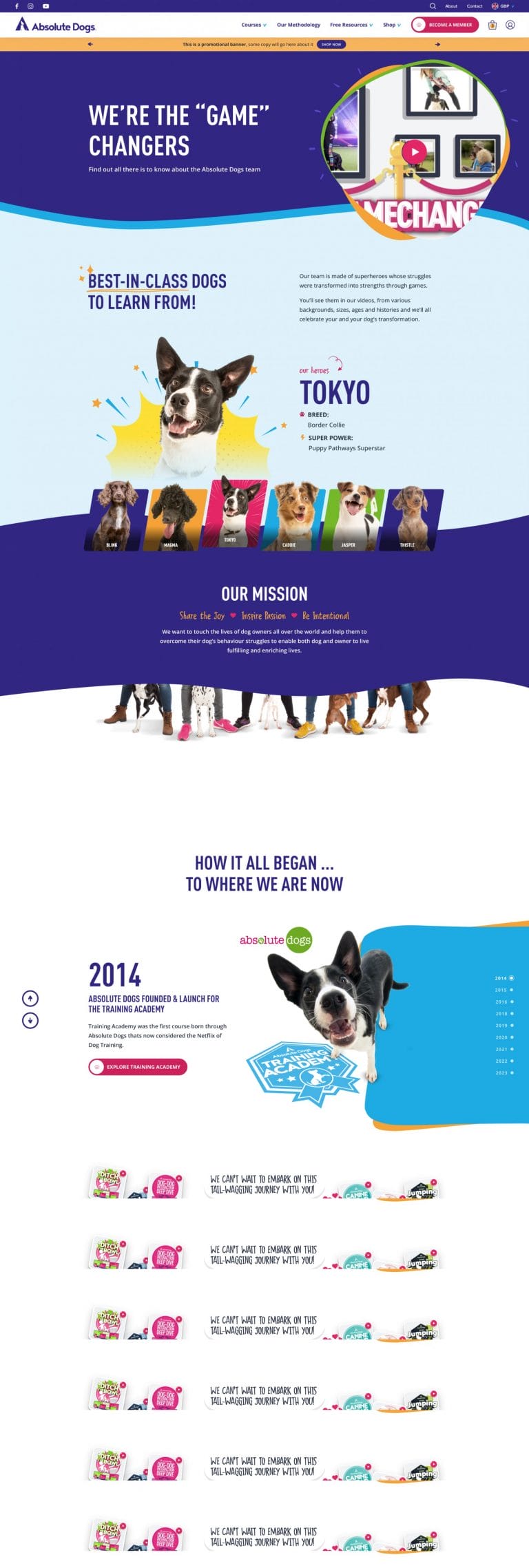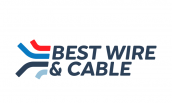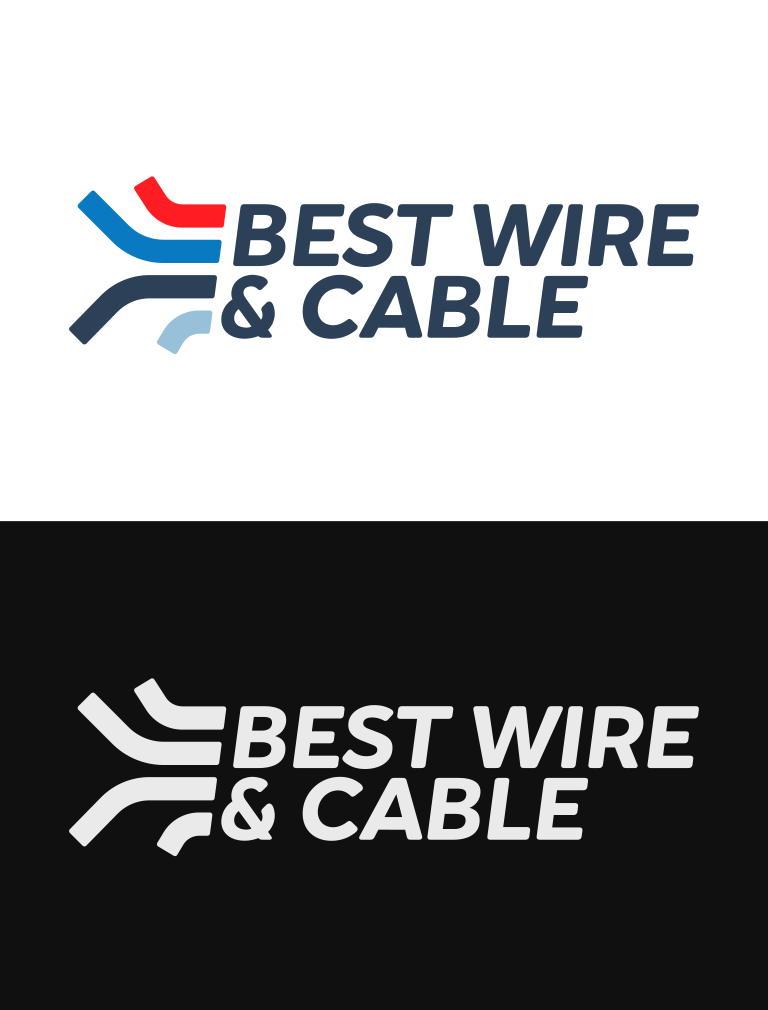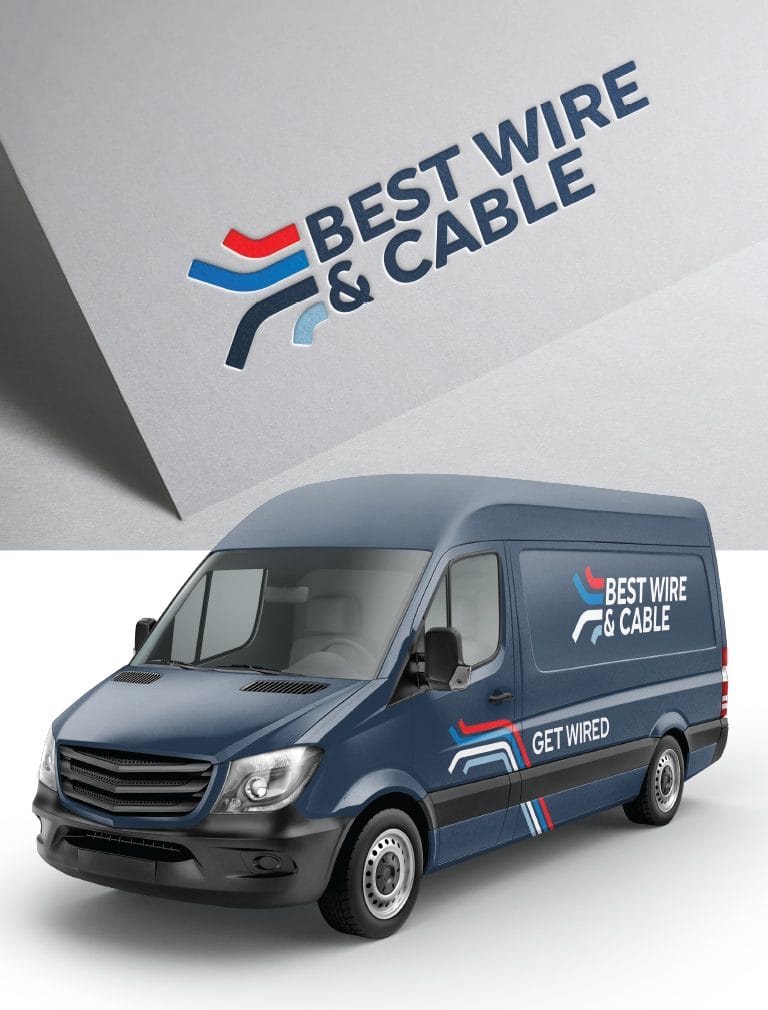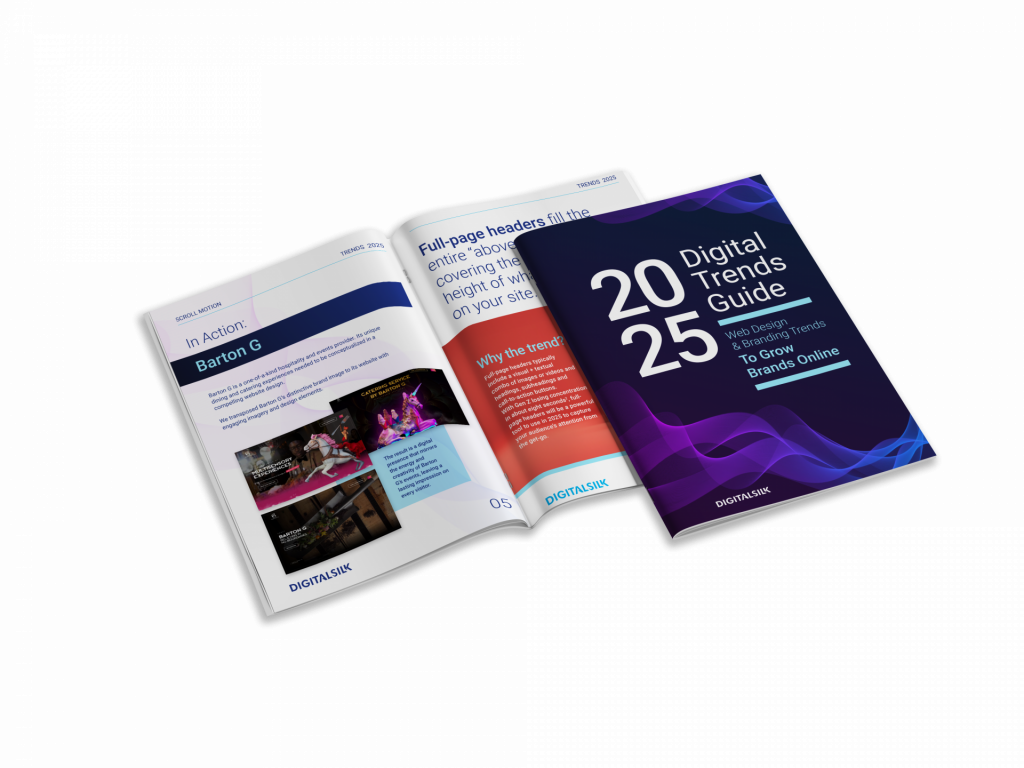Our Insights
The Importance Of eCommerce Branding
What do customers think when they see your business and its products on their screens?
Good or bad, it’s important to know the root of these opinions. This way, you can improve them.
Whether brand positioning, brand strategy or brand design, branding solutions can help your eCommerce business:
- Spread awareness
- Gain loyalty
- Increase sales
Sounds good, right?
Let’s dig a little deeper to explore the how’s and why’s.
What do customers think when they see your business and its products on their screens?
Good or bad, it’s important to know the root of these opinions. This way, you can improve them.
Whether brand positioning, brand strategy or brand design, branding solutions hope to:
- Spread awareness
- Gain loyalty
- Increase sales
Sounds good, right?
Let’s dig a little deeper to explore the how’s and why’s.
What Is eCommerce Branding?
eCommerce branding refers to the building of a public perception for your brand and its online products.
It encompasses a range of services, from strategy to implementation, that come together to portray an online store’s brand identity, values, products and services to its customers.
The Importance Of Branding In eCommerce
How can branding directly impact the performance of your eCommerce business?
Here are four key factors:
1. Brand Awareness & Revenue
Enhancing brand awareness is a key cog in a successful eCommerce mechanism.
A step further than simply recognizing your brand, brand awareness equates to a wider customer understanding of your products and values. This in turn generates greater revenues, as 46% of consumers will pay more for a brand they trust.
But how can you measure brand awareness?
Here are five simple steps to take:
- Perform regular brand awareness surveys
- Examine your social media followers
- Employ social listening
- Track your content marketing performance
- Use Google Analytics
2. Customer Connections
Did you know that 62% of customers report an emotional connection between them and the brands they buy from the most?
Utilizing brand research to create brand messaging that connects with your customers can create brand loyalty for life, meaning consistency and return sales for your online store.
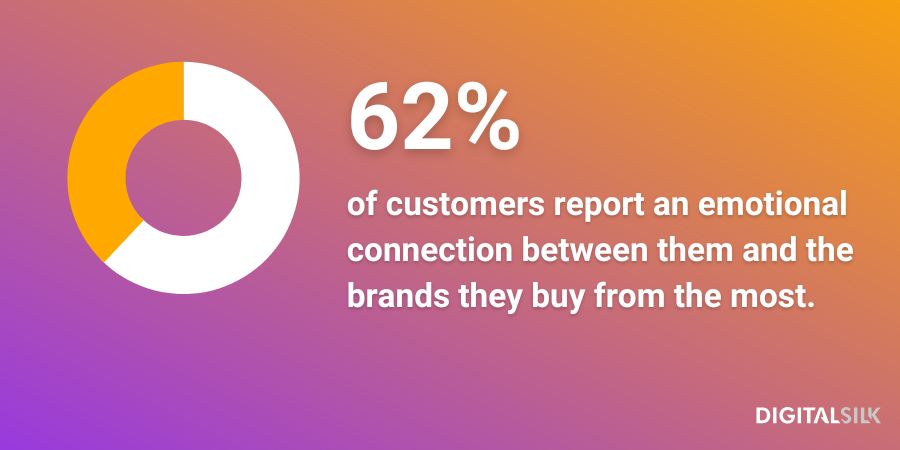
3. Lowers Acquisition Costs
According to IRP Commerce, the current Cost Per Acquisition (CPA) for eCommerce firms is 8.58%. This means that for every $100 revenue an online business receives, they will spend $8.58 in marketing to acquire new sales.
Branding solutions are a vital way in lowering this CPA, as increased brand visibility, loyalty and trust will reduce the amount your business needs to spend on marketing campaigns and initiatives.
4. Align Values With Consumers
Aligning brand values with the values of your target audience is key in winning customer trust and loyalty.
While 88% of customers expect companies to clearly state their values, only 50% believe they do. By fostering an authentic brand identity and backing it up with consistent, transparent messaging, your eCommerce business can stand out from the crowd through its authenticity.
Branding Strategy For eCommerce Businesses
Establishing a branding strategy is a crucial first step in ensuring a coherent and consistent brand identity.
But how is a brand strategy created?
1. Brand Research
A deep dive into industry and consumer trends, as well as competitive analysis, helps to unearth key insights that will inform decisions regarding who, where and what your eCommerce brand should target.
2. Brand Foundation
From brand statements to your company mission and vision, the brand foundation will act as the building blocks for your eCommerce brand. This is where your brand will establish its core values, goals, and target audience.
3. Brand Positioning
Having researched and discovered the market your e-store will operate in, brand positioning helps to place your brand within the said market.
Overall, brand voice, archetypes, and personality are all essential in best positioning your brand to connect with future consumers.
4. Brand Messaging
Building upon your newfound niche, branding strategy solutions will also include value proposition and messaging samples. In turn, your eCommerce brand can utilize consistent, authentic messaging to build trust and align values with your target audience.
7 Best eCommerce Branding Strategies
A strong eCommerce brand will implement a comprehensive brand strategy across all its channels to create a consistent pathway to success.
However, there are some quickfire top tips to consider along the way:
- Personalize your messaging
- Utilize storytelling
- Create multimedia campaigns
- Invest across channels
- Research your audience
- Follow a style guide
- Think of your website design
Customer Loyalty In eCommerce
Customer loyalty in eCommerce is when a consumer repeatedly purchases online goods or services from a particular brand or range.
Customer loyalty can bring important benefits to your business, but why is this the case and how can you unlock its true potential?
1. Why Is Loyalty Important In eCommerce?
From repeat purchasing to spreading the word, building brand loyalty is a target all eCommerce businesses should aim for.
In fact, did you know that three quarters of loyal consumers will recommend a brand to friends and family?
Creating a segment of dedicated consumers will not only cause existing product to fly off your digital shelves, but also harness future interest through word-of-mouth recommendations.
2. How Do You Build Brand Loyalty In eCommerce?
Whether an eCommerce business or brick-and-mortar store, there is no cookie cutter template for fostering a culture of brand loyalty.
However, here are five top tips to set you on the right path:
- Know your audience
- Connect with your audience
- Deliver quality customer services
- Reward loyalty
- Think social responsibility
Want to discover more? Read our brand loyalty blog.
3 Of The Best eCommerce Brand Examples
Let’s take a look at three influential eCommerce brands who got it right:
1. Amazon
With 2.36 billion monthly visits, Amazon is by far the largest eCommerce site in the U.S.
The multinational conglomerate has positioned itself not only as a leading eCommerce platform, but also as a market leader in multiple industries and areas.
With trending keywords like “Prime Gaming” and “Amazon Music,” it is clear that Amazon has identified potential opportunities and boosted brand awareness across these products and services.
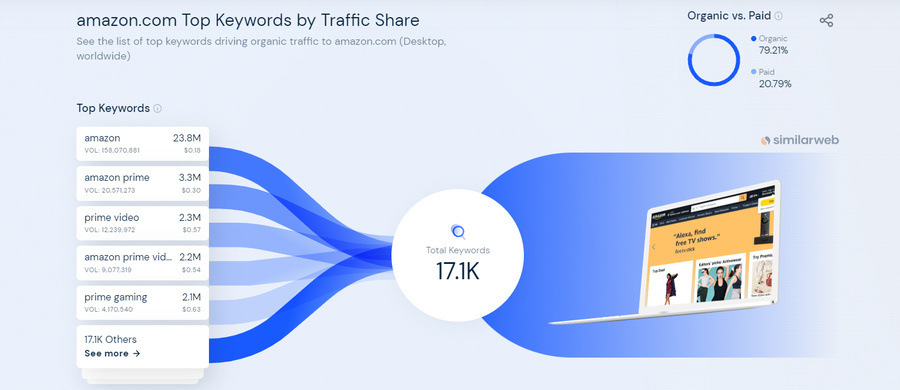
[Source: SimilarWeb]
2. Samsung
Samsung’s online offering had almost 1.27 billion monthly visits in March 2023.
By targeting multiple marketing channels, such as social media and paid media, with consistent messaging and style, Samsung continues to strengthen its core brand identities of flexibility, simplicity, and innovation across the world.
Hey movie buffs, with the Samsung Neo QLED 8K you get a bright picture with vivid colors day or night. 24-hour movie marathon anyone? 😉 #NeoQLED #HomeTheater https://t.co/l33gP6NZXI pic.twitter.com/9hZagtsJpo
— Samsung US (@SamsungUS) March 8, 2023
3. Shein
Shein’s monthly visits jumped 18.8% in March 2023 to 237 million. According to Statista, brand awareness of Shein in the U.S. now sits at 57%.
The eCommerce fast fashion retailer’s controversial business model means brand popularity is less than half of its awareness, at just 24%.
However, by using marketing strategies such as micro-influencers to appeal to a specific and loyal target audience, women across the globe aged between 18 and 34, Shein’s brand equity continues to grow month-on-month.
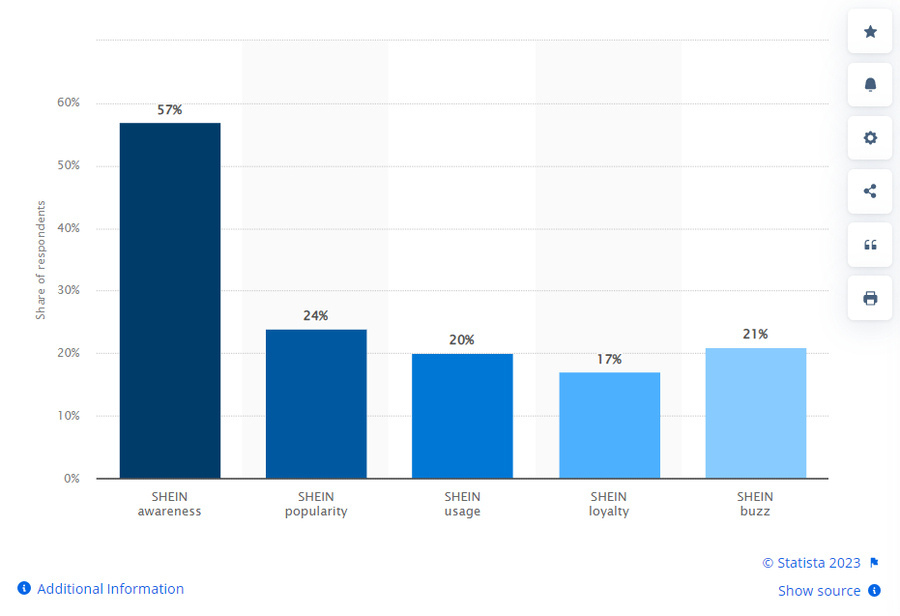
[Source: Statista]
Choose Digital Silk As Your eCommerce Branding Partner
At Digital Silk, we eCommerce businesses into brand favorites. Modern methodologies, industry expertise, and senior-level specialists, our in-house branding team has it all.
But what exactly will our agency bring that others can’t?
- Transparent project updates
- Care and ownership of your project
- Analysis-driven decisions
- Results, results, results
Partner with us to develop your brand perception and increase eCommerce sales. Contact us today or fill in our Request a Quote form to bring your e-store to the attention of users who convert.









